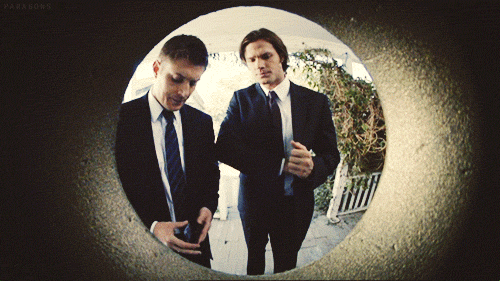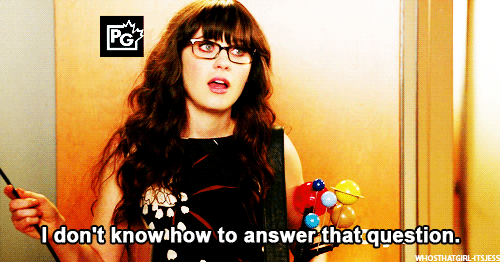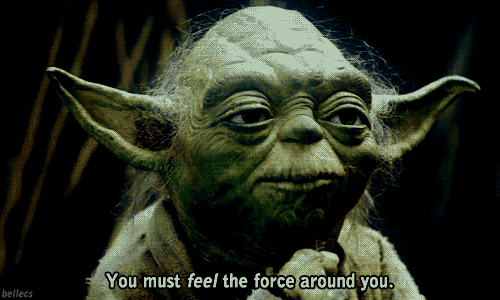Everyday I sit in Italian Class and get extremely frustrated. No not because the combination of prepositions and definite or indefinite articles does not make sense, at all, or comparisons do not translate into english whatsoever… it’s because this kid behind me does not pay attention. I see him everyday strut in his fancy clothes and brag about his fraternity dues on his way to class, but once in class he can’t translate that effort to impress into an effort to succeed?
His junior level status means nothing to me now, for I know he doesn’t try. He has opportunity, but he’s used to life being easy and therefore doesn’t feel the need to try. I just sit there in class confused, I sit there like this:

Source: PandaWhale SNL
This frustration I have with his failure has continued into week 10, so when prompted to write about college I wanted to dive a bit deeper into motivations and patterns I see with backgrounds when it comes to this force driving you to succeed.
The first question I needed to ask was if this force comes from an internal or external push. Internal would mean no matter your background or whats going on in your life, your motivation is purely dependent on your own self. An external push would be a student who feels their motivation is channeled mainly through external factors of why they attend college… in other words did they come from a bad city that they want to change? Did their parents not support them so they want to stand up for themselves and prove them wrong?
I believe a major trigger for motivation is an anger or passion for change in the world you grew up.
To build off of that, these external forces may be a bad community you grew up in, and this passion for change in your community contribute to your will to achieve in school and get you where you want to be. So back this Italian Class Guy, who we shall call Dom, seems to have grown up in an area where his values weren’t really challenged and he didn’t have any real apparent struggles. Because of this he is lacking in that pinpointed reason for education- he has no real idea of what change he wants to drive into this world, and thus doesn’t have the motivation to do well in classes.
I acknowledge that people of all backgrounds can be and have been successful, I still maintain that privilege, in theory, is detrimental when it comes to motivation.
My Experiences
The first few weeks I struggled a lot with the social expectations of most students at SCU and started questioning if I had decided to attend the right school. I met many students that quite bluntly do not put effort into schooling, and yet most of them are not on financial aid or do not have struggling family or health problems, etc. I decided these kids just don’t have a defined larger purpose for a college education in mind than just, it’s “what everyone does.” I do agree social abilities to interact is important for success no matter what you want to do, but maybe going out 4 or 5 out of the 7 nights a week starts to hurt instead of help.
I actually don’t find it funny when you post about how blacked out you got last night, how you “don’t remember anyyythinggggg,” or how many times you had to leave your 8 am class to go throw up in the bathroom stall. To me, you’re wasting your parents (or your own!) money, someone else’s much more deserving spot to be at this university, and most importantly my respect for you.




Source: Rebloggy
What I once thought was a generation to give up on because of all these interactions, I have grown to decide to tackle and motivate myself. This “social norm” is my community I wish to change.
Look at Who Has Come So Far…
Not only can you see this almost unanimous decision to give up (except for the strong few out there, GO YOU!) when you walk on a college campus and see beer cans and underwear everywhere (an exaggeration, but it’s been seen), but you can also see those who are successful in channeling their drive out of bad situations as you look at some of the worlds leaders.
A quick google search can get you lists on lists of the “most influential people who faced adversity growing up.” Lets see if you can recognize any of these people or the companies they run.
- Ursula Burns: CEO of Xerox
- Narendra Modi: Bloomberg’s 13th most influential person in the world… otherwise known as the Prime Minister of India, the country that holds over 17% of the world’s population
- Benjamin Franklin: I really hope you know of him, but did you also know he created bifocals (shout out to my mom who wears those!), the idea of Daylight Savings, and a smokeless coal stove?
- Jay Z- a famous rapper, also known as the husband of Beyonce, who once lived on the streets for years and now is worth a mere half billion. Him and his wife? Over 1 billion.
- Our presidents who went from rags to riches: Abraham Lincoln, Harry S. Truman, and James A. Garfield.
- Or these billions who once were dirt poor:
- Kenny Trout (Excel founder, aka that green app on your computer with graphs)
- Howard Shultz (you can thank him for your Starbucks Coffee)
- Oprah Winfrey (worth almost 3 billion, first woman african american TV correspondent)
- Kirk Kerkorian (you can thank him for Las Vegas)
- Don Wang Chang (a guy who started a little company called Forever 21)
- Ralph Lauren (of Ralph Lauren)
- Larry Ellison (Oracle, he dropped out of college after not being able to pay for it once his adoptive mother died).
(I’m going to link each of the names to their wikipedia)
The list goes on, and I’m sorry if I bored you listing A-G.
One person that most people really do know this about is Malcolm X. He had 8 brothers and sisters, his father died when he was 6, his mother was placed in a mental institution, and grew up in an area where the color of his skin quite literally affected every aspect of his life. His larger purpose for change was driven by his desire for change, he wanted a better community and a better world.
Now You!

Source: Wikimedia
Now you, college students, you are here you have opportunity and you SHOULD take advantage of it. You’re gonna get out what you put in.
No one has it perfect, in some way or another we all have been challenged by life, some more than others, but still most humans understand loss, frustration, and anger. The problem here is not that all students are not underprivileged or are struggling to understand their backgrounds; the problem is that not all students’ motivations have been fully tapped into.
Take advantage of that disturbing news story you saw last week, or that puppy you saw outside the library that made you realize how therapeutic dogs can be, or be like Khloe Kardashian and her new show “Revenge Body,” yes it’s silly but its an example of taking advantage of a bad situation.
So Dom, pay attention, meet with the teacher, and put effort into you studying. Italian is a subject that may not be as applicable to real life, but maybe your dream job is in Italy, that one investor you need in your non profit has Italian heritage, this one C a future prospective employer will notice and give you a pass, or maybe the girl you will fall in love with’s parents only speak Italian. Everything matters, and if you didn’t grow up with your values challenged or in a community that you want to change, anticipate the future and plan for it, nothing will go unnoticed, everything can be applicable.
So What?
Education is an investment; we must work and tend to it in order to get all that we can out of it. To put it bluntly, you put in what you get out, and our mothers, fathers, grandmothers, and even ourselves are busting their butts to put us here, so make it worth it.
Experts are right with what they say about the way to channel anger, but we must also consider that not all students are perfect and able to hone in and focus on their passions; I don’t suspect the average student’s distractions from academics to be abolished anytime soon.
So how do we get all students curious and motivated? Not all students are underprivileged, but all students can find something frustrating to focus their passions on.
The larger reason of getting a job and living your life is to find something you want to improve, so why shouldn’t education tackle this pursuit as well? Maybe we can work force with force, get the students motivated and the school to open up more opportunities to do so. If we can just get the school to encourage curiosity in their own communities, we can show the students the harsh reality of topics they are interested in.

Source: SardonicSalad
Privilege can be detrimental because it allows you to go through education without seriously contemplating why you are here and what you want to do with the education you receive. I agree being from an underprivileged community poses many struggles for the affected individual’s life, but the silver lining of it all is that you are motivated.
You understand the problems the world faces first hand, and maybe when those who are marginalized are aware of it, they have more anger to work against it and do well to prove the “others” wrong.





































